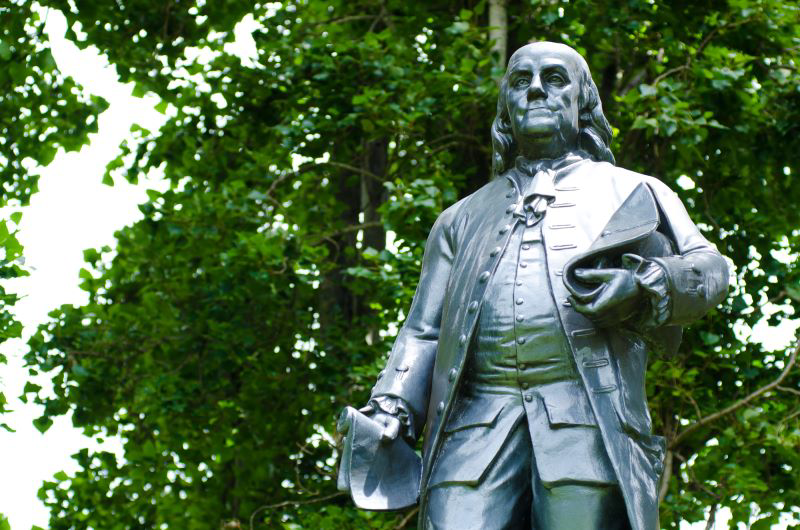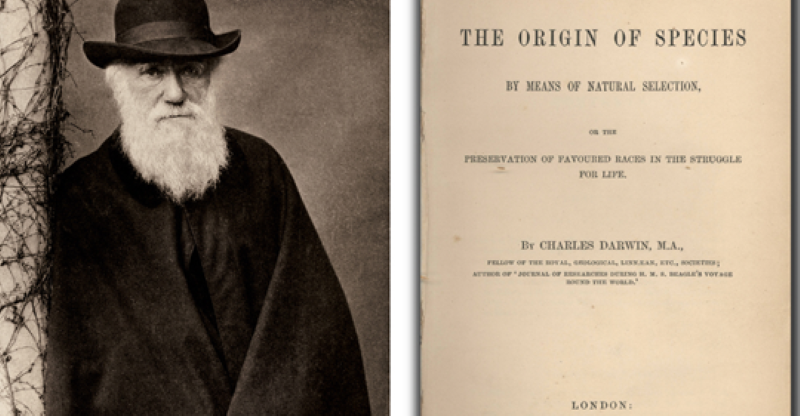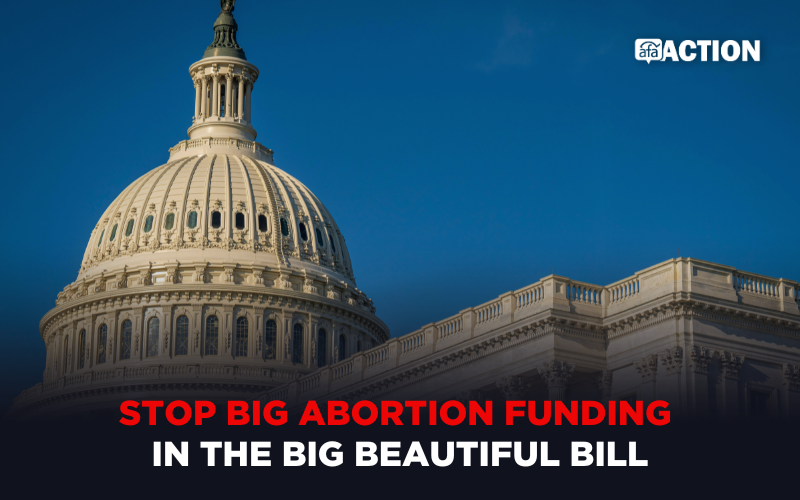How SCOTUS Unconstitutionally Intervenes
Sign up for a six month free
trial of The Stand Magazine!
It’s Unconstitutional for the Supreme Court to Take Most of Its Cases
The Constitution is quite clear on which cases the Supreme Court is authorized to take, and which it is not authorized to take. It turns out that most of the cases it has heard over the last several decades - including Obergefell - it had no legal authority even to take, let alone decide.
Just as Article I describes the limits around the Legislative Branch, and Article II describes the limits around the Executive Branch, so Article III describes the limits around the Supreme Court. Article III lays out the kinds of disputes we the people authorized them to decide. It turns out that most of the cases they give opinions on they had no constitutional authority to consider.
The Tenth Amendment is clear that unless a power of action is expressly granted to the federal government in the Constitution, that power of action is reserved for “the states, respectively, or to the people.” So if Article III does not delegate to the Supreme Court jurisdiction over certain cases, then state courts are to decide those cases, period.
That’s why individual states have their own constitutions and their own judiciary. The Founders gave state courts complete authority to issue final rulings on all cases that were matters of state law. The Founders believed this would represent the vast majority of all judicial activity in the country. They were sure that the federal register would be relatively thin, and thus the Court would have little to do.
The Court was considered to be of such little consequence that it met for years in a closet in the basement of the Capitol, and did not even get its own building until 1934. There was a time when federal laws were few and far between, and to “make a federal case” out of a dispute actually meant something.
So what kinds of “controversies” is the Supreme Court authorized to settle? Well, cases involving ambassadors, who represent the United States in foreign countries, matters on the high seas (beyond the reach of any state jurisdiction), cases in which the United States (meaning the federal government) is a party, and - here is the subject for today’s column - “controversies between two or more states.”
The only controversies between individuals the Court is entitled to settle are controversies between citizens of different states (state courts would be inclined to be partial toward their own citizens), citizens of one state who had a land dispute with another state, and between states and foreign governments.
Disputes between individuals, or between individuals and their own state government, are to be handled by the state judiciary. So if a homosexual couple were, for example, to sue their own state to have their pseudo-marriage recognized, that train would make its final stop at the state supreme court. Once the court issued its ruling, that would be the end of the matter. A case like Obergefell would never go beyond the state court. And since 44 of the 50 states at the time of Obergefell had either laws or constitutional amendments that limited marriage to the union of one man and one woman, an enormous amount of mischief could have been averted.
This isn’t complicated. It’s just a matter of reading the plain language of the Founders’ Constitution. That’s why I actually was excited to come across a case that the Supreme Court is actually entitled to take since such cases are quite rare.
This case involves a boundary dispute between Georgia and Florida which has been simmering for decades. The controversy is over the Apalachicola Basin, which is fed by three rivers that flow from Georgia into the basin and then into Florida. The two states are before the Supreme Court because Florida is complaining that it’s not getting its fair share of the water supply.
So Florida wants to put a cap on the amount of water Georgia gets, which would create a huge problem for farmers in Georgia and for the city of Atlanta, which gets 70% of its water from the basin. The livelihoods of millions of people in both states are at risk.
This is obviously a case for a Supreme Court since the supreme court of either state could not be expected to be impartial enough to rule against its own people.
I don’t even have an opinion about what the right decision is. But I am relieved that, for once, the right people will be making the decision.
The author may be contacted at [email protected]

Sign up for a free six-month trial of
The Stand Magazine!
Sign up for free to receive notable blogs delivered to your email weekly.


















